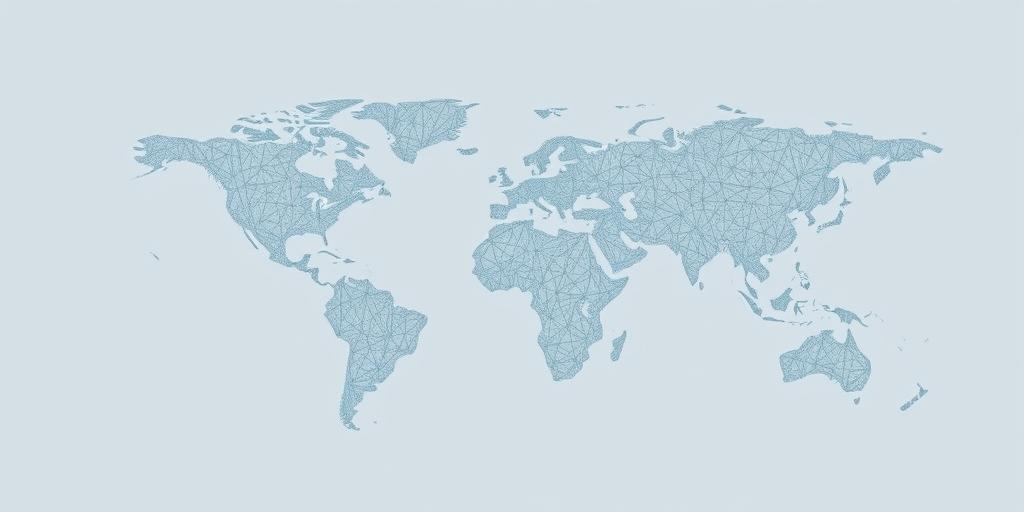Navigating Trade Diplomacy in a Changing Global Economy
The global economic landscape is in constant flux, influenced by technological advancements, geopolitical shifts, and evolving consumer preferences. In this dynamic environment, trade diplomacy plays a critical role in shaping international trade relations, fostering economic growth, and resolving trade disputes. This article explores the key aspects of trade diplomacy and its importance in navigating the complexities of the modern global economy.
What is Trade Diplomacy?
Trade diplomacy refers to the art and practice of negotiating and managing trade relationships between countries or blocs of countries. It involves a range of activities, including:
- Negotiating Trade Agreements: Crafting bilateral or multilateral agreements that reduce trade barriers, establish rules for fair trade, and promote economic cooperation.
- Resolving Trade Disputes: Addressing disagreements over trade practices, such as tariffs, subsidies, or intellectual property rights, through negotiation, mediation, or arbitration.
- Promoting Trade Interests: Advocating for a country's or region's trade interests in international forums, such as the World Trade Organization (WTO) or regional trade blocs.
- Building Trade Capacity: Providing technical assistance and training to developing countries to help them participate more effectively in global trade.
Key Elements of Effective Trade Diplomacy
Effective trade diplomacy requires a combination of strategic planning, negotiation skills, and technical expertise. Some key elements include:
- Clear Objectives: Defining specific, measurable, achievable, relevant, and time-bound (SMART) objectives for trade negotiations.
- Strong Analytical Capacity: Conducting thorough economic analysis to understand the potential impacts of trade agreements on various sectors of the economy.
- Effective Communication: Communicating trade policies and negotiating positions clearly and transparently to stakeholders, including businesses, consumers, and civil society.
- Negotiation Skills: Employing effective negotiation strategies to reach mutually beneficial agreements, including active listening, compromise, and creative problem-solving.
- Political Acumen: Understanding the political dynamics and sensitivities that may influence trade negotiations, both domestically and internationally.
The Importance of Trade Diplomacy in a Changing Global Economy
In today's rapidly changing global economy, trade diplomacy is more important than ever for several reasons:
- Managing Geopolitical Risks: Trade diplomacy can help mitigate the economic risks associated with geopolitical tensions, such as trade wars or sanctions, by fostering dialogue and cooperation.
- Promoting Inclusive Growth: Trade agreements can be designed to promote inclusive growth by incorporating provisions that support small and medium-sized enterprises (SMEs), women-owned businesses, and marginalized communities.
- Addressing Global Challenges: Trade diplomacy can play a role in addressing global challenges, such as climate change, by promoting trade in environmentally friendly goods and services and establishing standards for sustainable production.
Challenges and Opportunities
Trade diplomacy faces several challenges in the current global environment, including rising protectionism, increasing complexity of trade issues, and growing skepticism about the benefits of globalization. However, there are also opportunities for trade diplomacy to promote more open, fair, and sustainable trade relations.
By embracing innovative approaches, fostering greater transparency and inclusivity, and prioritizing the long-term benefits of trade, trade diplomacy can help navigate the complexities of the changing global economy and create a more prosperous and equitable world for all.
Conclusion
Trade diplomacy is a vital tool for navigating the complexities of the modern global economy. By fostering international cooperation, resolving trade disputes, and promoting sustainable development, trade diplomacy can help create a more prosperous and equitable world for all.









